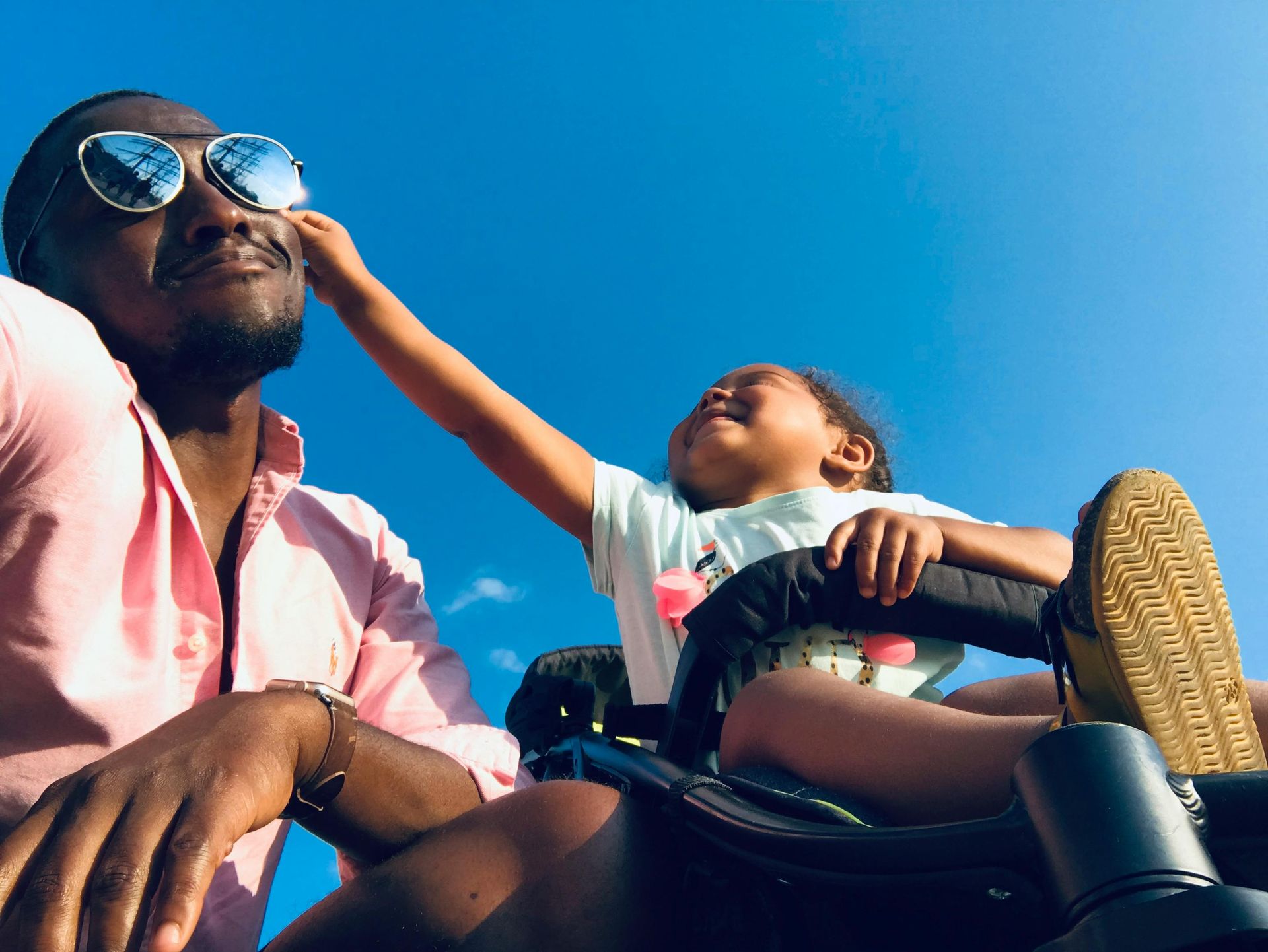Supporting Challenging School Behaviors with Connection and Presence

Every child has moments when big feelings show up in the classroom. For some, this can look like impulsive behaviors, difficulty paying attention, or even hitting. While these behaviors can be challenging for teachers, caregivers, and peers, they are also signals—messages that a child is still learning how to regulate emotions, manage stress, and build skills for healthy relationships. The good news is, with consistent support, children can grow their ability to navigate these challenges.
Looking Beneath the Behavior
Instead of labeling a child as “bad” or “difficult,” it helps to pause and ask, what is this behavior communicating?
- Impulsivity may signal excitement, worry, or a need for movement.
- Hitting may reflect frustration or limited coping tools.
- Inattention can often be linked to stress, lack of sleep, or feeling disconnected.
When we shift from reacting to responding with curiosity, we create opportunities to support—not shame—the child.
Practical Strategies You Can Try
- Pause and breathe together – A few slow breaths can help calm both child and adult.
- Add movement – Quick stretches, wall push-ups, or a “shake it out” moment help children reset.
- Create connection points – Greet children by name, use warm eye contact, and let them know you see them.
- Model calm regulation – Children borrow our calm; showing steady breathing or grounding helps them settle.
- Guide repair and reflection – After an outburst, support the child in making amends and talking through other choices for next time.
- Celebrate small wins – Acknowledge when they use a positive skill, even if it’s small progress.
Why These Strategies Work
Mindfulness practices and relationship-based approaches work together to shift behaviors over time. Mindfulness gives children tools to slow down and notice what’s happening inside, while strong, supportive relationships give them the safety to practice those tools. Together, they:
- Reduce impulsivity by teaching children to pause before acting.
- Build emotional safety so children feel understood, not shamed.
- Strengthen focus and attention by calming the nervous system.
- Encourage resilience and healthier coping strategies.
Final Thought
Supporting challenging behaviors isn’t about quick fixes—it’s about building skills and trust over time. When adults respond with presence, consistency, and compassion, children begin to discover their own ability to manage big feelings. And in those moments of growth, we send the message: Your feelings matter, your behavior can change, and you are not alone.
✨ Written by Charisse Dawkins, LCSW – Helping children, teens, and families find strength, resilience, and joy through life’s challenges.




